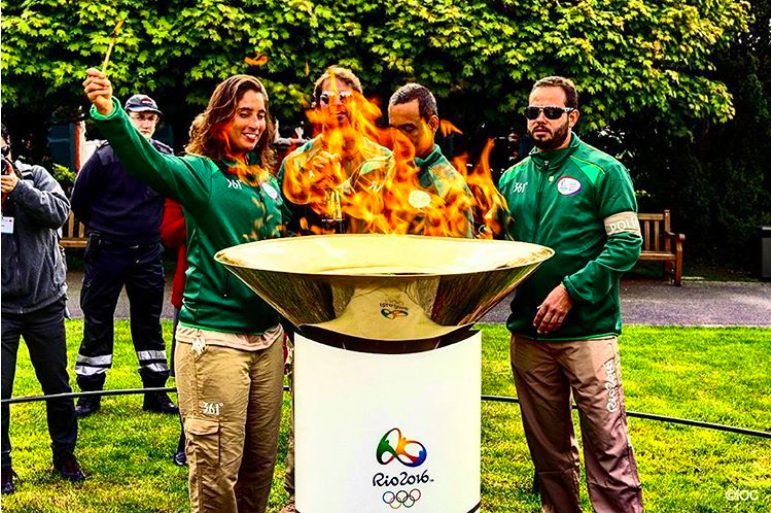How big of a payday will Olympic medallists have in Rio this summer?

Winning an Olympic medal is about as illustrious as it gets for athletes. But what’s the payoff for an athlete who reaches the podium at sport’s pinnacle, quadrennial event?
Judging by the value of the medals themselves, a gold medal itself is not quite worth its weight in gold. However, many national Olympic committees of participating nations offer cash rewards for high-performing athletes and that’s where the big cash rewards come from.
Below is the approximate worth of a gold, silver or bronze medal from the 2012 London Olympics, according to Total Sportek. The composition totals come from Olympic.org.
Value of Olympic medals and estimated composition
Gold: US$600 (Gold – 1.35 per cent, silver – 92.5 per cent)
Silver: US$325 (Silver – 92.5 per cent)
Bronze: US$3 (Cooper – 97 per cent, zinc – 2.5 per cent, tin – 0.5 per cent)
The above figures only take into account the value of the medal itself. Of course, athletes can often sell their Olympic souvenirs for much more because of the associated prestige, history and limited supply. Some athletes who fall into financial trouble have, on limited occasions, sold their medal for cash to cover certain living expenses.
Olympic gold medals have not been made of gold since the 1912 Games in Stockholm but remain pricey because of the silver content. For the gold and silver medals, the remaining composition of the medal is copper.
The real payoffs come outside of the Olympic Games, however, as podium athletes are often able to sign lucrative sponsorship deals or earn additional carding, a monthly salary, from the country’s governing body.
Cash rewards from the Canadian Olympic Committee
The Canadian Olympic Committee (COC), for example, offers podium-athletes a cash bonus as part of its Athlete Excellence Fund support and reward program. At the 2012 London Olympics, the COC awarded $684,900 among the 57 podium athletes.
Awards for top-three include $20,000 for gold, $15,000 for silver and $10,000 for bronze.
Surprisingly, lesser known countries are the ones to offer the biggest cash rewards for reaching the podium. Azerbaijan, for example, offers upwards of US$510,000 for a gold medal, according to Radio Free Europe/Radio Liberty. Ten Olympic medals were won by Azerbaijan athletes in London in 2012.
On the other hand, Great Britain’s Olympic committee does not hand offer cash rewards at all. The U.S. Olympic Committee offers upwards of US$25,000 for a gold medal according to Radio Free Europe/Radio Liberty.
Simon Whitfield is the only Canadian triathlete to have earned an Olympic medal. He won gold at the inaugural Olympic triathlon event at Sydney 2000 and earned silver at the Beijing 2008 games.
Canadian triathletes have a final chance to race in the Olympic qualification period for Rio at WTS Yokohama this weekend. So far, the men and women have each earned Canada two spots.
The countdown is on for this summer’s Games and the Olympic flame reached Rio on May 3. Lighting of the torch can be seen below:
[iframe id=”https://www.youtube.com/embed/4wnyTqeoS5s” align=”center” mode=”normal”]
